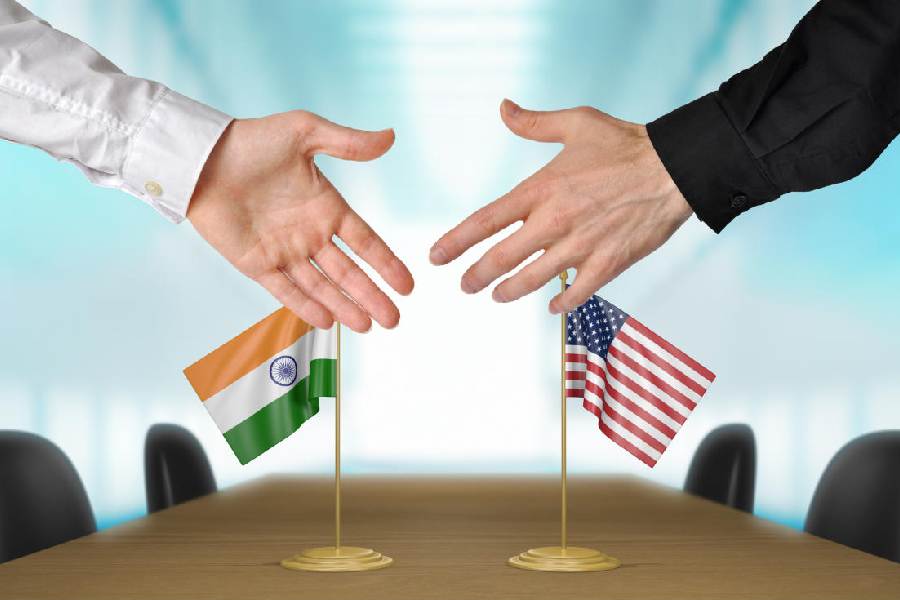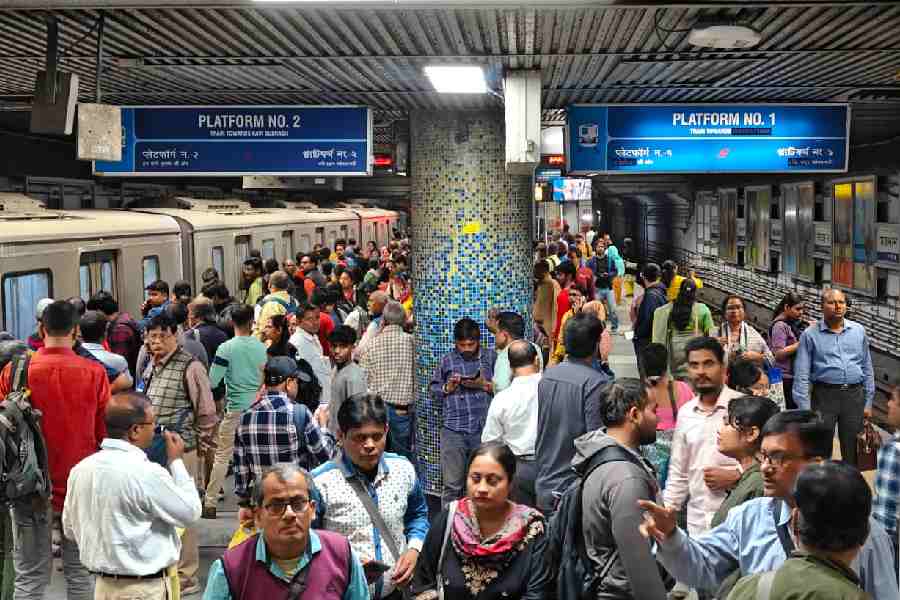The proposal to slap retaliatory tariffs on some US imports has been opposed by a high-level panel mandated to identify opportunities for exporters.
The 12-member panel, under economist Surjit Bhalla, has said retaliatory tariffs are not desirable in the light of the experiences of the US-China trade war and has even proposed tariff cuts. Further, it wants the government to rectify the inverted duty structure on medical devices and reduce effective corporate tax.
The government had tasked the panel to identify the opportunities and challenges if the country wants to hit the export mark of $1trillion by 2025. The group has submitted its report to the commerce ministry.
The panel feels the trade war between the US and China was a strategic opportunity for the country and “reducing own tariff would be a wise step… If India faces higher tariffs, a tit-for-tat approach of raising tariffs may not be the most sound one to pursue.”
The group also lobbied for a reduction in the effective corporate tax rates in order to make India to competitive. It said the effective corporate tax rate should be cut to 25 per cent as Asian peers levy less than 20 per cent.
The report said the country was ranked as the fourth highest payer of corporate taxes. Retained profits (after payment of wages and taxes) were 44 per cent of income in India, compared with a retention rate of 62 per cent in Vietnam and 66 per cent in Bangladesh.
The panel suggested the creation of a single ministry for the regulation of medical devices across the entire value chain and the need to rectify the inverted duty structure on medical devices made in India.
It also expressed the need to create a pan India Tourism board and medical tourism campaign; modify labour laws to remove the limitation on firm size; review existing free trade agreements and establish industrial parks for electronics manufacturing.
The group feels there is a need to shift from a tariff-based policy to an incentive-based policy for manufacturing of electronics.
The tit-for-tat tariff had been deferred several times in the past by the government, which has now kept it in abeyance till June 15.
The retaliatory tariff was first proposed in a June 2018 order on 29 US products. The duties were proposed to neutralise the effect of the additional import duties of 25 per cent on Indian steel and 10 per cent on aluminium by the US citing national security concerns.










